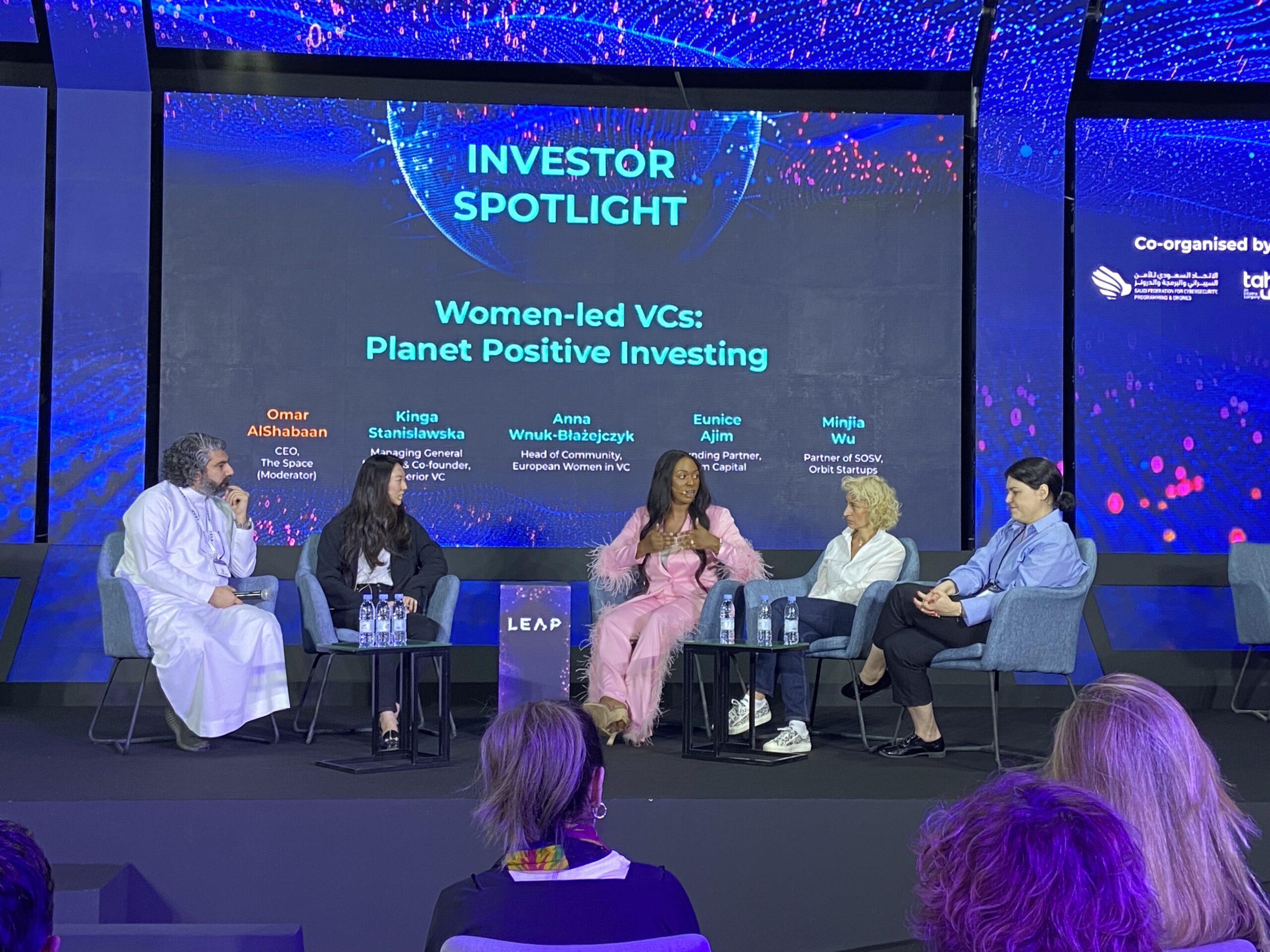
Building a billion-dollar startup is an ambitious goal that requires dedication, perseverance, and strategic thinking. While African startups face unique challenges, they can draw inspiration from their counterparts in the United States. By applying key lessons from successful American companies, African startups can navigate the path towards achieving billion-dollar valuations. In this blog post, we explore eight crucial strategies that can empower African startups to reach the “Billionaire Club.”
Section 1: Solve a Big Problem
Addressing significant challenges lies at the core of successful startups. African startups like Andela, Flutterwave, and Paystack have already demonstrated the power of solving critical issues, such as access to talent, payments, and financial services. By identifying and tackling substantial problems, African startups can transform industries and attract significant investments.
Section 2: Persevere and Stay Focused
Building a billion-dollar startup is rarely an overnight success. Giants like Facebook and WhatsApp took several years of hard work and determination to reach their milestones. African startups must embrace a long-term perspective, understanding that the journey to a billion-dollar valuation is a marathon rather than a sprint.
Section 3: Scale Smartly
Scaling a startup requires careful consideration, especially in the African market. Companies like Uber successfully adapted to the local environment and regulatory challenges by starting in established markets before entering Africa. African startups should begin by perfecting their offerings, validating their models, and then scaling aggressively yet intelligently.
Section 4: Know Your Numbers
Understanding financials and market dynamics is crucial for sustainable growth. By studying successful acquisitions like Google’s purchase of DoubleClick, African startups can gain insights into valuations and market sizing. Knowledge of their financial metrics and targeting a market with adequate potential can pave the way to billion-dollar valuations.
Section 5: Build an Exceptional Team
The power of a talented and dedicated team cannot be underestimated. Both Airbnb and Dropbox faced rejections initially but persisted by assembling teams of top-notch professionals. African startups should focus on attracting the best talent available, including programmers, marketers, and designers, as they play a pivotal role in driving success.
Section 6: Secure Funding
Access to funding has historically been a significant challenge for African startups. However, the landscape is gradually evolving, with more capital becoming available. To secure funding, it is essential to approach investors who comprehend the problem the startup aims to solve and can provide valuable insights and support.
Section 7: Support the Ecosystem
Successful US startups actively contribute to the ecosystems they emerged from, setting a precedent for African startups to follow. Mentoring, teaching, and investing in the next generation of entrepreneurs fosters a supportive environment capable of nurturing billion-dollar exits. Collaboration within the ecosystem enhances the chances of achieving extraordinary success.
Section 8: Embrace Global Expansion
While Africa holds immense market potential, global expansion is often the key to unlocking the billion-dollar club. Stripe, originating in the US, exemplifies how opening up to new markets and currencies led to global dominance. African startups must study international competition, embrace the right technologies, and pursue relentless growth to tap into the global market.
African startups possess the necessary ingredients for success and can draw inspiration from the journeys of their American counterparts. By addressing big problems, persevering, scaling smartly, understanding finances, building exceptional teams, securing funding, supporting the ecosystem, and embracing global expansion, African startups can chart their course towards billion-dollar valuations. With patience, intelligence, and focus, they can make a lasting impact on their industries, economies, and the continent as a whole.





Read the Comments +